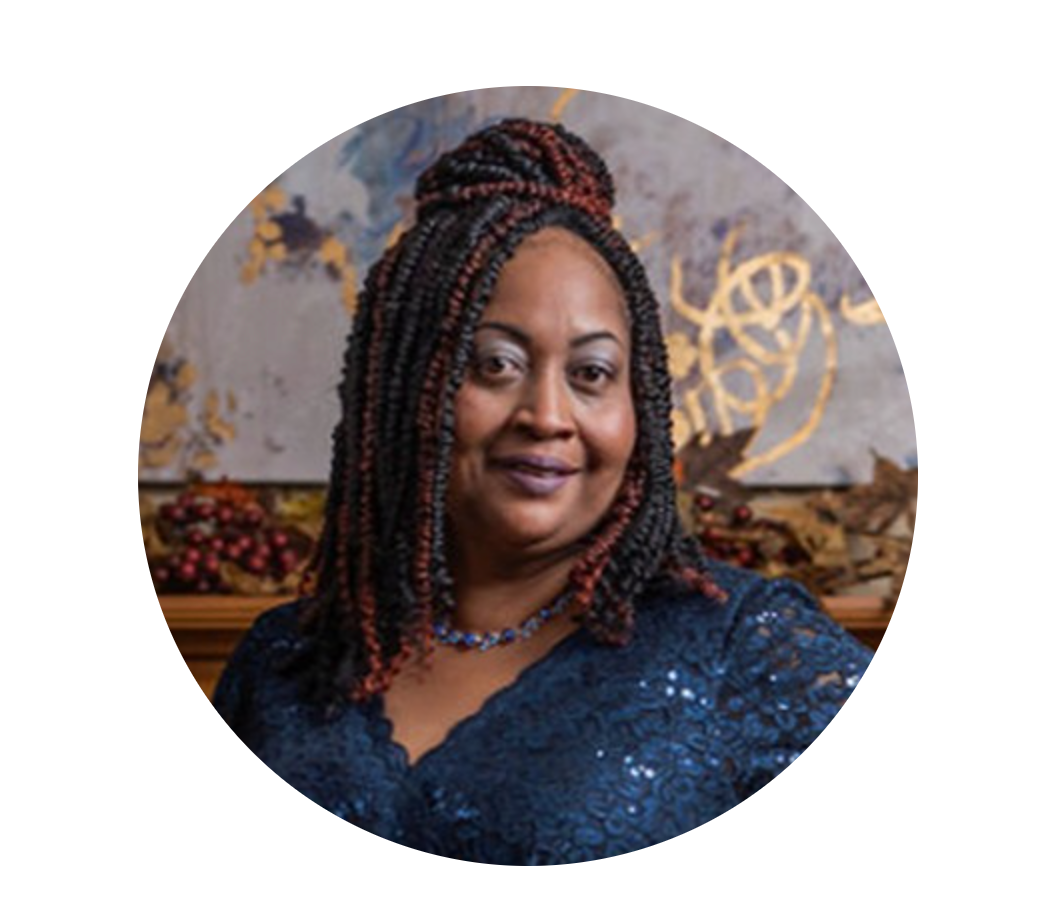Before becoming Associate Director of the Homelessness Mitigation Mediation Project (HMMP) L'Enchantel "Berta" Holmes worked for Community Mediation, Inc., for 18 years from 1997-2015, during which time she mediated over 1,500 neighborhood and landlord/tenant disputes. She also served as lead trainer for Connecticut's Eviction Prevention & Foreclosure and Security Deposit programs. Berta thinks that mediation is key to preserving relationships between landlords and tenants. This is especially important now in the wake of Covid-19 and the end of the State’s eviction moratorium, but the need for these mediation services will not end with the pandemic.
While parties do not always agree, the non-adversarial nature of mediation allows people to hear each other and see where the other is coming from. Berta says, "In landlord-tenant disputes, tenants often think that all landlords are greedy or wealthy; and landlords often think that tenants simply don’t want to have to pay their rent." In Berta’s experience, often the reality is neither of these things are true—both landlords and tenants are simply trying to survive. Landlords are motivated by the need to run their business and support their families, while tenants are sometimes forced to choose between paying their rent or feeding their children. Berta added, "Mediation opens the door for individuals to explore these nuances and humanizes each party, which ultimately can reveal, restore, and repair these relationships in a way that court battles simply do not allow."
Berta wishes people would be motivated by their desire to repair relationships rather than “have their day in court”. Berta says, “Individuals should not be forced to mediate, but people should be aware of their options and be encouraged to mediate before entering a contentious court battle.” She agrees with former U.S. Supreme Court Justice Sandra Day O’Connor, who said, “the courts of this country should not be places where the resolution of disputes begins. They should be the places where disputes end after alternative methods of resolving disputes have been considered and tried.”
While mediations don’t always result in agreements, Berta believes that there is power in validating people’s feelings. She says, “courts are in control of the outcome, but mediators are able to control the process”. As a mediator, you are given the opportunity to restore broken relationships and help people to understand one another. She explains, “feelings don’t count in court, but in mediation when someone is upset you don’t just move along, you are able to stop and check-in. Mediators are given the unique power of neutrality. By not advocating for either party, they are able to facilitate conversations that might change each party’s perspective of one another."
Her favorite thing about mediation is that it allows individuals to heal. She believes strongly that mediation empowers individuals to have a voice. “People are able to be heard without interruption,” she says, “there is no one saying ‘overruled’ or ‘objection’ while they are trying to tell their story.” Berta hopes that in the future courts will be more supportive of private mediation. She believes that if courts supported mediation, maintain relationships with private mediators, and trusted private mediation, everyone would benefit across the board emotionally, mentally, and financially. “Mediation should be a requirement for anyone working in a field where you play an adversarial role. We have lost the ability to really see other people, and mediation helps people to humanize an opposing party.” She cautions individuals not to underestimate the power to be found in mutual understanding. She finished by saying, “there is more than one way for people to win—someone doesn’t always need to get hurt for someone else to win”.

